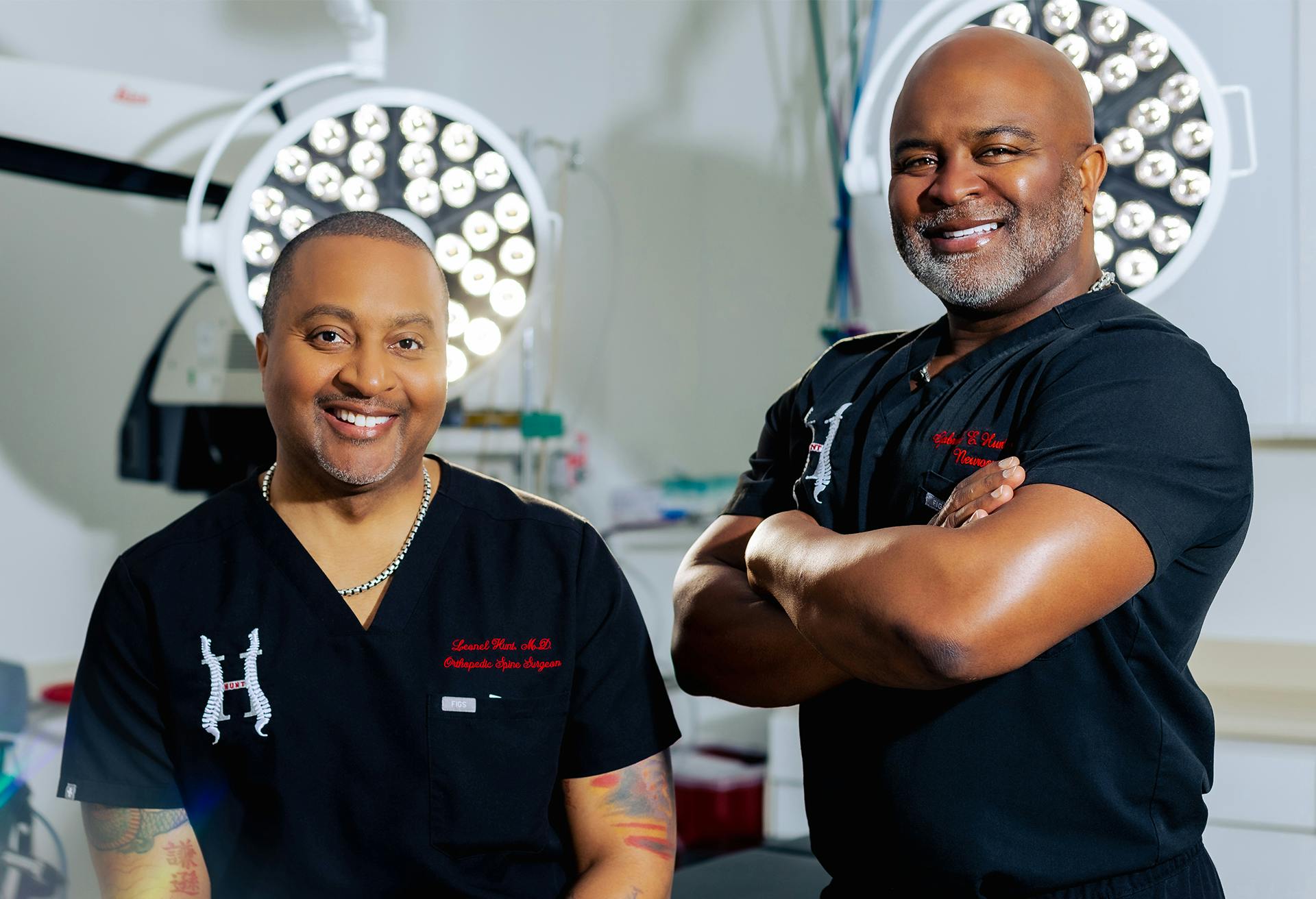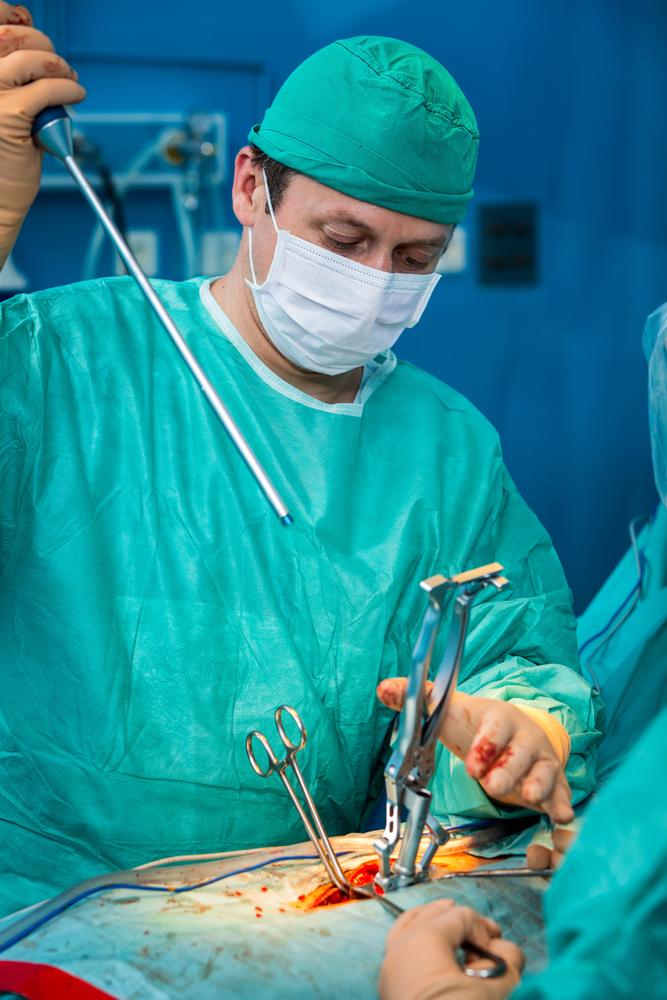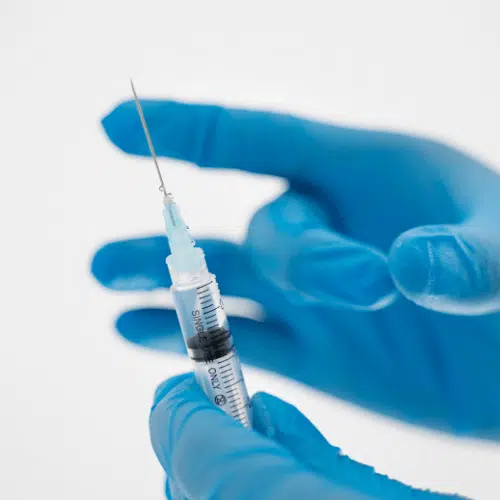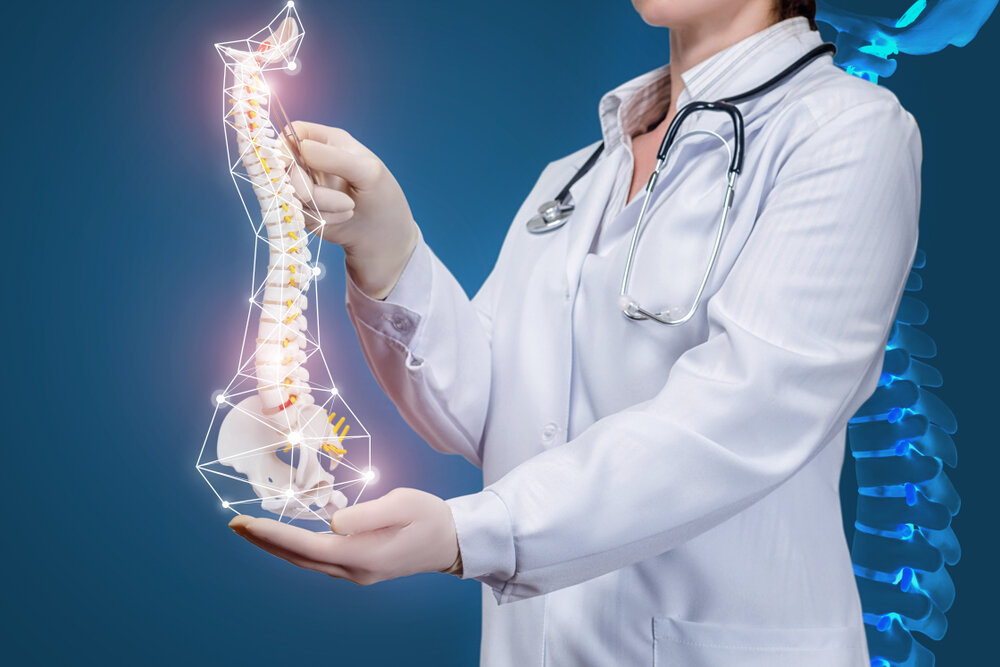Understanding the Costs Entailed with the Best Spine Surgeons in St Louis MO
Wiki Article
A Review of Spinal Column Conditions That Commonly Cause Surgical Therapies
When conventional treatments stop working to ease relentless signs and symptoms,Back problems such as herniated discs, back constriction, and degenerative disc condition regularly require medical interventions. These conditions not only result in significant discomfort but can also seriously impair daily functioning and overall quality of life. Understanding the subtleties of each condition and the corresponding surgical alternatives, such as discectomy or spine fusion, is crucial for reliable management. As we check out these problems better, it comes to be noticeable that the decision-making procedure surrounding surgical therapy is diverse and warrants careful factor to consider.Herniated Discs
Although many people with herniated discs may find alleviation through traditional treatments, surgery comes to be a required consideration when signs and symptoms linger or intensify - best spine surgeons in st louis mo. A herniated disc occurs when the soft internal gel of a spine disc sticks out through its external layer, potentially leading and compressing close-by nerves to discomfort, tingling, or weak point in the extremitiesConventional monitoring usually consists of physical therapy, discomfort medicines, and corticosteroid injections, which intend to decrease swelling and enhance function. Nonetheless, in situations where these approaches fall short to minimize devastating signs and symptoms, medical alternatives might be checked out.
The most usual procedure for herniated discs is a discectomy, which includes the removal of the herniated part of the disc to relieve stress on the influenced nerve root. In a lot more extreme situations, spine fusion may be essential to stabilize the affected vertebrae.
Clients are advised to review the prospective dangers and advantages of surgical treatment with their medical care provider to make an educated choice. Eventually, the objective of any kind of surgical treatment is to recover feature, relieve pain, and enhance overall top quality of life for individuals struggling with herniated discs.
Spinal Stenosis
Spine stenosis occurs when the areas within the spine narrow, causing boosted stress on the spine and nerves. This problem can establish in numerous regions of the spine, including the lumbar and cervical areas, typically as a result of age-related adjustments, such as degenerative disc disease, arthritis, or enlarging of ligaments.Individuals with spinal constriction might present with signs and symptoms that consist of pain, feeling numb, tingling, or weakness, primarily in the legs or arms. These signs can be intensified by tasks that involve standing or walking, often leading individuals to look for alleviation via conservative therapies like physical treatment, drugs, or epidural steroid shots.
Nonetheless, when these non-surgical treatments fall short to provide sufficient relief, medical alternatives might be thought about. Typical surgical treatments for spine stenosis consist of laminectomy, which involves the removal of component of the vertebra to ease pressure, and spine fusion, which stabilizes the afflicted location.
Spondylolisthesis
Spondylolisthesis occurs when one vertebra slips ahead over one more, bring about imbalance of the back. This problem can result from different variables, including congenital flaws, trauma, or degenerative modifications in the spine. It is most commonly observed in the back area, especially at the L4-L5 and L5-S1 levels.
Therapy alternatives vary based on the extent of the slippage and the signs provided. Traditional procedures, including physical treatment, pain management, and activity adjustment, are frequently the very first line of protection. However, when non-surgical strategies fail to alleviate signs and symptoms or when considerable nerve compression is existing, medical intervention may be warranted. Surgical options can include back combination or decompression treatments, focused on recovering placement and easing neurological signs. Early diagnosis and appropriate monitoring are critical for optimal results in individuals with spondylolisthesis.
Degenerative Disc Disease

The problem can be identified with a mix of scientific analysis, imaging researches, and client history. When these methods stop working to give sufficient alleviation, surgical interventions may be considered.
Surgical alternatives for DDD might include back combination or fabricated disc substitute, focused on stabilizing the impacted section and alleviating discomfort (best spine surgeons in st louis mo). Inevitably, the option of therapy is embellished, taking into account the seriousness of the condition, person health and wellness, and lifestyle elements
Spinal Lumps

What variables add to the my review here advancement of tumors within the spine, and exactly how do they manifest in clients? Spinal growths can arise from different factors, including hereditary tendency, environmental influences, and pre-existing medical conditions. They can be classified as key growths, coming from the spinal column, or secondary tumors, which spread out from various other regions of the body. Clients may provide with a series of signs and symptoms, consisting of local pain, neurological shortages, weakness, or adjustments in bowel and bladder function, relying on the growth's dimension and location.
Medical diagnosis typically involves imaging studies such as MRI or CT checks, which assist delineate the lump's attributes and effect on surrounding structures. In analyzing therapy options, the lump's type, location, and quality are important considerations. Surgical intervention might be required to alleviate signs and symptoms, acquire a biopsy, or remove the lump totally. The goal of surgical procedure is typically to decompress neural aspects and stabilize the spine. Adjuvant treatments, consisting of radiation or radiation treatment, might find out likewise be required depending on the growth's nature. Early discovery and intervention are important for optimizing end results in patients with back growths.
Verdict
In recap, spinal column conditions such as herniated discs, spine stenosis, spondylolisthesis, degenerative disc disease, and spine growths frequently require surgical intervention because of their potential to cause significant pain and useful disability. While conventional treatments may use momentary alleviation, surgical choices come to be critical when signs and symptoms intensify or persist. Prompt diagnosis and intervention play an important duty in restoring function and boosting the high quality of life for afflicted people, highlighting the relevance of extensive spinal treatment.
Report this wiki page